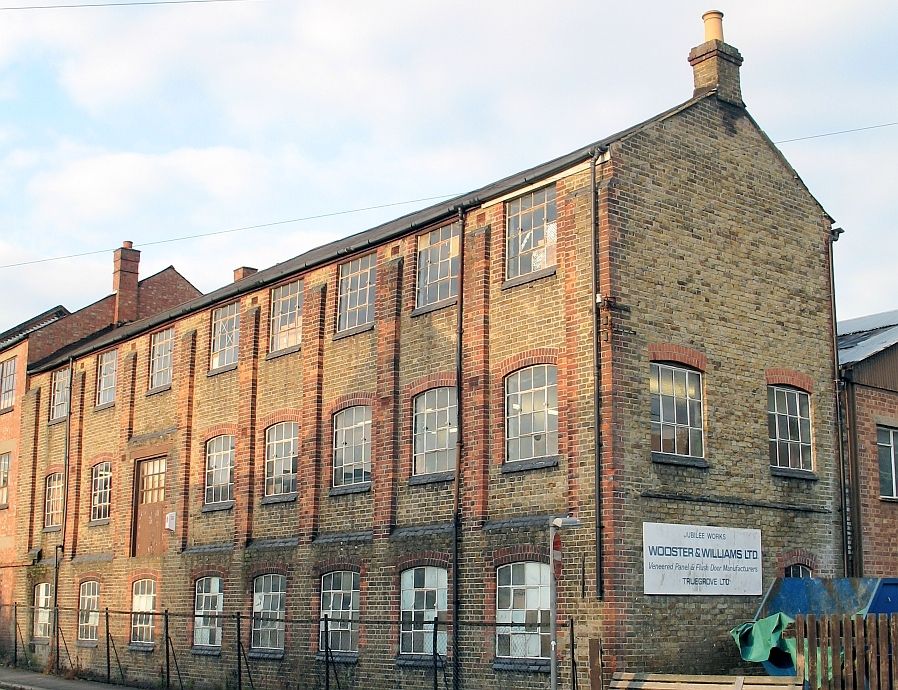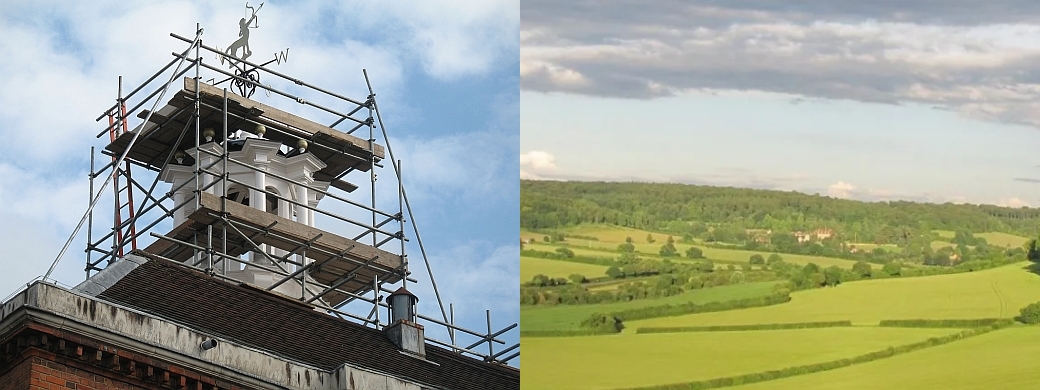 For some months now, I’ve been drawn to the ordinary. I can’t exactly explain why. Perhaps something has rubbed off from walking the streets in Babylon Town and in this narrow valley. I live not far from a little river which sneaks behind factories, workshops and the common dwellings put up for workers in the glory days of Empire, when Victoria was a goddess worshipped in the East. It’s a humble stream, hidden behind boundary fences, sometimes scuttling through culverts under roads; always furtive, even when it rushes down a few rocks into the culvert with a roar of white noise, rather like an air conditioning outlet – an unmarked waterfall. You can reach by shifting a garage bin chained to a gate at the side of a small warehouse. Caught in the cascade are broken umbrellas, plastic bags, discarded For Sale signs—variable jetsam according to season. Lower down you can find ducks and moorhens, but there’s nowhere for mothers to take their toddlers with crusts to feed them: not till you get to the public park, known as the Rye; and that’s quite a different part of town.
For some months now, I’ve been drawn to the ordinary. I can’t exactly explain why. Perhaps something has rubbed off from walking the streets in Babylon Town and in this narrow valley. I live not far from a little river which sneaks behind factories, workshops and the common dwellings put up for workers in the glory days of Empire, when Victoria was a goddess worshipped in the East. It’s a humble stream, hidden behind boundary fences, sometimes scuttling through culverts under roads; always furtive, even when it rushes down a few rocks into the culvert with a roar of white noise, rather like an air conditioning outlet – an unmarked waterfall. You can reach by shifting a garage bin chained to a gate at the side of a small warehouse. Caught in the cascade are broken umbrellas, plastic bags, discarded For Sale signs—variable jetsam according to season. Lower down you can find ducks and moorhens, but there’s nowhere for mothers to take their toddlers with crusts to feed them: not till you get to the public park, known as the Rye; and that’s quite a different part of town.
This part has long thrived on making things that people need, such as chairs and brushes; attracting immigrants in the nineteen-fifties from far-flung corners of the Empire, like St Vincent and the Grenadines or Kashmir. They brought along their Pentecostal and Muslim modes of worship, but now it’s the Poles causing the Catholic churches to overflow. A single furniture factory remains, making hand-crafted items in small volumes for a well-off clientele who appreciate traditional designs and the beauty of hardwoods. Most of the business premises in our valley have been in continuous use since Victorian times. They might look Dickensian but I suspect they have bestowed on their workers more dignity than squalor. There’s one in my street (illustrated) making laminated doors, staffed mainly by apprentices, white boys, as it happens. I asked my ever-helpful neighbour Mohammed where to get sheets of ply cut to size. He took me into the factory and asked the boys on my behalf. They didn’t charge me anything: it’s a neighbourhood interdependence thing, like the parking, the water supply, the alleys for access to backyards, the traffic flow. We’re a close-knit community, not shutting the world out but deeply linked to it. Go down our shopping street and everywhere you’ll get international phone cards; and you can make Western Union money transfers to dependents overseas. I heard a slogan yesterday which expresses the new morality for a threatened world: “Think globally, act locally”. That’s what happens in this valley of ordinary people.
And what is the ordinary? – Simple: it’s the opposite of “special”. So what then “special”? The opposite of ordinary. Perhaps you will dismiss the ordinary as not worthy of attention, with the sarcastic question “What’s so special about the ordinary?” The logical answer of course is “nothing”.
The ordinary is almost universally disregarded. Thinkers are bored with it. The masses yearn to escape it, through success or celebrity: if not actually then in fantasy. Am I any different? No, I am of the masses too. Till I am dead, I shall always want something, if only to keep moving, to have more in my life than endlessly repeated rituals.
In the simple idyll of my ordinariness, I find a joy in washing dishes, in walking to the shops, in eating and drinking and laughing and solving problems and creating new things. It’s true I don’t like TV and all that it represents of manipulating ordinary people. But it’s better than being a slave in the plantations or a child in the mines or cotton factories. Or their equivalents today. I could wish the whole world as peaceful as my valley.
